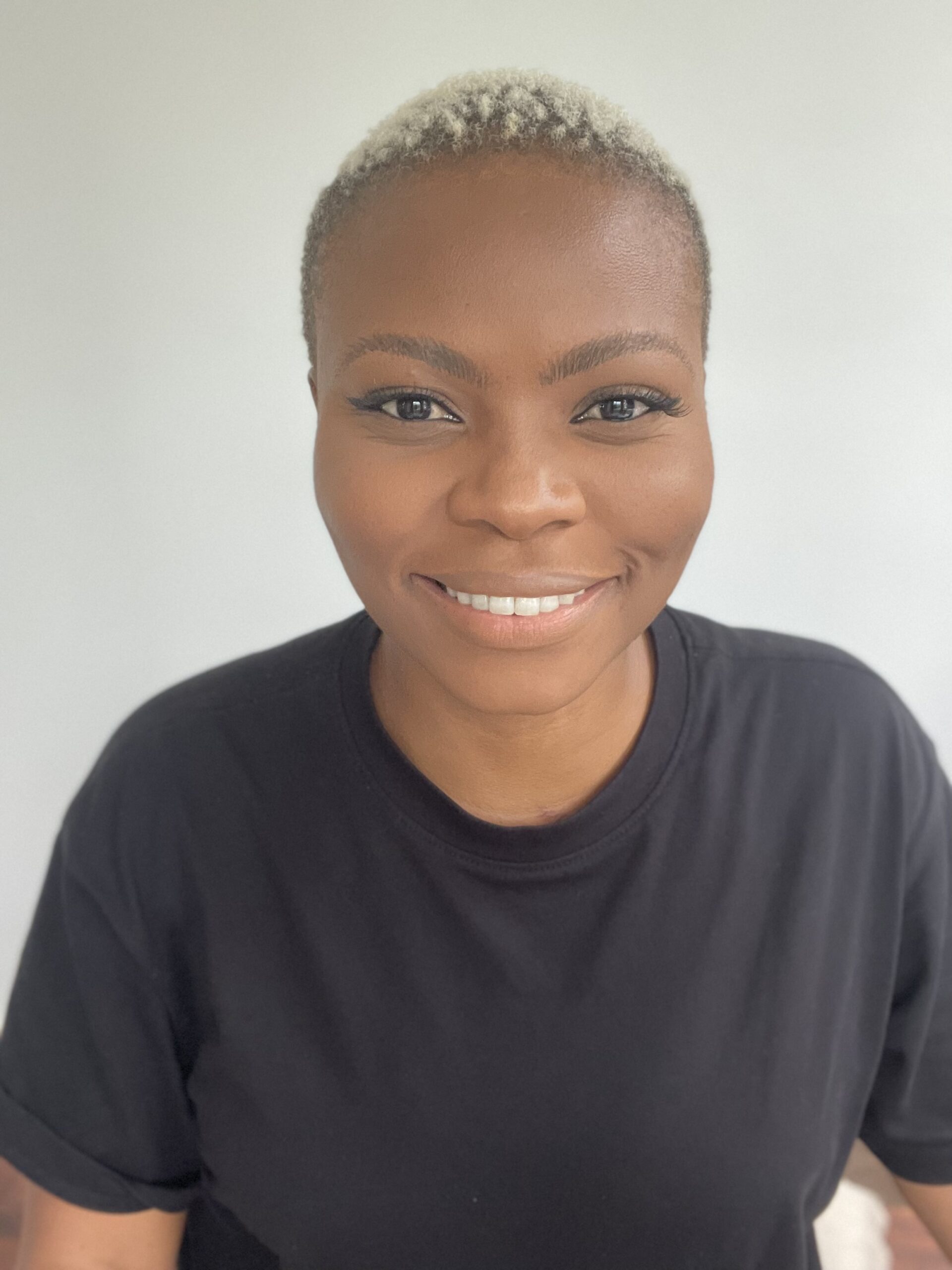Posted By: HGG Advances
Each month, the editors of Human Genetics and Genomics Advances interview an early-career researcher who has published work in the journal. This month they talked to Lerato Majara about her paper “Low and differential polygenic score generalizability among African populations due largely to genetic diversity”.

HGGA: What motivated you to start working on this project?
LM: Polygenic risk scores (PRS) have been a hot topic in the field of complex disorders for several years now, and they continue to be topical as new methods and datasets emerge to aid in improving the prediction accuracy of these scores across traits and populations. I started working on this project in 2018 as a part of a training and capacity building training fellowship of the Global Initiative for Neuropsychiatric Genetics Research and Education (GINGER, https://gingerprogram.org) at the Harvard T.H Chan School of Public Health. The project mentor was Alicia Martin; and she’s published work to show that PRS do not transfer well across populations, and also transfer rather poorly in African populations due to genetic distance between the discovery and target populations. I was motivated to investigate how PRS transfer across African populations given the vastness of diversity on the continent because African populations are genetically diverse.
HGGA: What about this paper/project most excites you?
LM: The most exciting parts of this paper is the finding that PRS derived from European ancestry GWAS do not have the same predictive power across African populations with fold differences within African populations being larger than in out-of-Africa populations. Another exciting finding from this paper is that the inclusion of an African population in the PRS discovery cohort does not necessarily improve prediction accuracy in diverse populations. We observed improved PRS prediction accuracy in a multi-ethnic discovery cohort when ancestries were represented at large sample sizes.
HGGA: What do you hope is the impact of this work for the human genetics community?
LM: This work re-emphasizes the lack of PRS transferability in African populations and shows that several factors, including genetic diversity and environment, need to be adequately modelled to improve PRS accuracy across all populations, such that the use of PRS is equitably beneficial. I hope that in the discussions on the way forward, the strong proponents for the use of current PRS in medical practice consider the ethical and social implications of the application of a selectively useful method.
HGGA: What are some of the biggest challenges you’ve faced as a young scientist?
LM: My background is in Medical Virology; my previous research focus was investigating how HIV evolves in response to pressure from antibodies during infection. My work involved a lot of wet-lab experiments, whereas my current research involves computational work mostly. What has been challenging is learning the skills required to do genomics research, such as working in a linux environment, R programming and cloud computing.
HGGA: And for fun, what is one of the most fascinating things in genetics you’ve learned about in the past year or so?
LM: I am currently learning about events (such as admixture and migration) that have shaped the landscape of genetic diversity in African populations. There is a study that identified 3 million previously-not-reported variants from 26 ethnolinguistic groups from Africa, and novel loci in genes involved in immunity that may inform immune responses to viruses such as Ebola. This study also found variation that sheds light on the migration route and timing of the Bantu expansion. Beyond this topic, I am also excited about the ongoing genomics research projects and capacity building efforts in Africa to capture the full breadth of genetic diversity in African populations in order to improve healthcare locally and globally.
